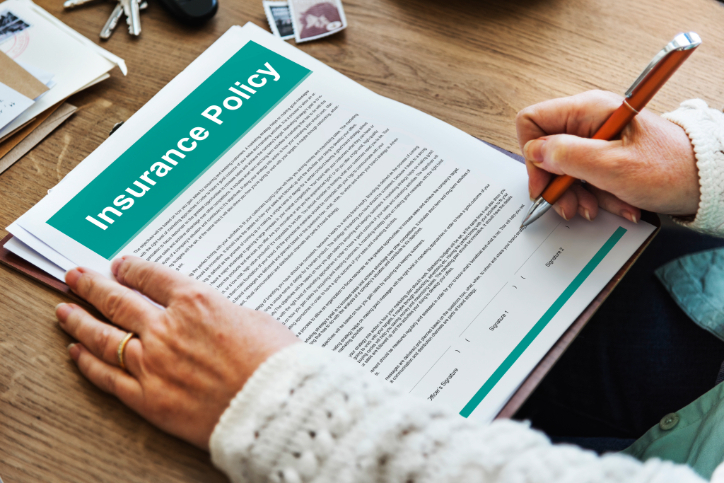Most Used Fleet Insurance Terms in UK
22/05/2024

Fleet insurance is essential for businesses that operate multiple vehicles, providing comprehensive coverage and simplifying management. Understanding the terminology associated with fleet insurance can help you choose the right policy for your needs. Here’s a list of the most commonly fleet insurance terms in UK:
1. Fleet Policy
- A single insurance policy that covers multiple vehicles owned by a business.
2. Named Driver Policy
- A policy where only specific, named drivers are covered to drive the insured vehicles.
3. Any Driver Policy
- A policy that allows any driver to operate the insured vehicles, typically with certain conditions like age and experience.
4. Comprehensive Cover
- Insurance that covers damage to your own vehicles, third-party vehicles, and property, as well as theft and fire.
5. Third-Party, Fire, and Theft (TPFT)
- Covers damage to third-party vehicles and property, as well as theft and fire damage to your own vehicles.
6. Third-Party Only (TPO)
- The minimum legal requirement, covering damage to third-party vehicles and property only.
7. Public Liability Insurance
- Covers legal costs and compensation if your vehicles cause injury or damage to third parties.
8. Employer's Liability Insurance
- Covers legal costs and compensation if an employee is injured or falls ill while working.
9. Goods in Transit Cover
- Insurance for goods being transported in your vehicles, protecting against loss, damage, or theft.
10. Telematics
- Technology used to monitor and record driving behavior, often used to help reduce premiums and improve safety.
11. No Claims Bonus (NCB)
- A discount on your premium for each year you do not make a claim.
12. Excess
- The amount you must pay out of pocket for each claim before the insurer covers the remaining costs.
13. Exclusions
- Specific conditions or circumstances that are not covered by the policy.
14. Fleet Size
- The total number of vehicles covered under a fleet policy.
15. Risk Management
- Strategies and practices implemented to minimize the risk of accidents and claims.
16. Indemnity
- Compensation for loss or damage, intended to restore you to your financial position prior to the loss.
17. Policyholder
- The individual or business that owns the insurance policy.
18. Policy Schedule
- A document detailing the specifics of your insurance coverage, including the insured vehicles, drivers, and coverage limits.
19. Premium
- The amount you pay for your insurance policy, usually annually or monthly.
20. Underwriting
- The process by which insurers assess the risk of insuring your fleet and set your premium accordingly.
21. Claims Management
- Services provided by insurers to handle and process claims, often including accident management and legal support.
22. Breakdown Cover
- Assistance and recovery services if one of your fleet vehicles breaks down.
23. Replacement Vehicle Cover
- Provides a temporary replacement vehicle if one of your fleet vehicles is out of service due to an accident or repair.
24. Legal Expenses Cover
- Covers legal costs incurred in defending or pursuing claims related to your fleet vehicles.
25. Fleet Rating Factors
- Criteria used to determine the premium for your fleet, such as the types of vehicles, usage, driver profiles, and claims history.
26. Telematics Insurance
- A type of insurance where premiums are based on data collected about driving behavior through telematics devices.
27. Endorsement
- A modification or addition to your insurance policy that changes the terms or coverage.
28. Fleet Management
- The administration of a fleet of vehicles, including maintenance, tracking, and insurance.
29. Policy Term
- The duration of the insurance policy, typically one year.
30. Certificate of Insurance
- A document that proves you have the necessary insurance coverage for your fleet.
Understanding these terms will help you navigate the complexities of fleet insurance and ensure you secure the right coverage for your business needs.
This article is designed to offer general advice and may not apply to every insurance, broker, insurer, cover or policy. You would need to check the individual policy benefits of each cover with your insurer or broker.




